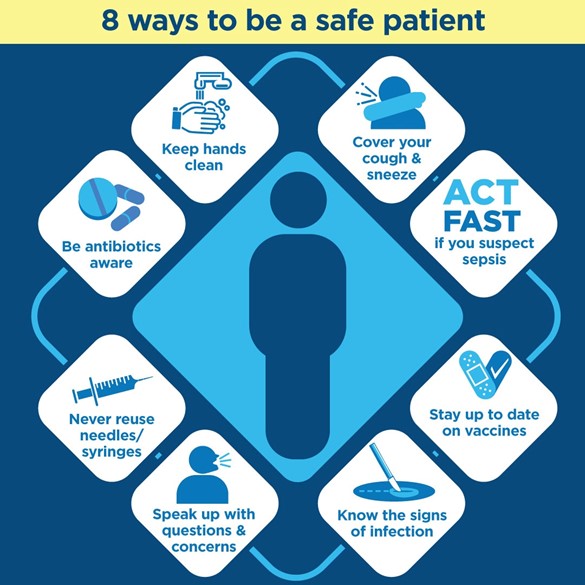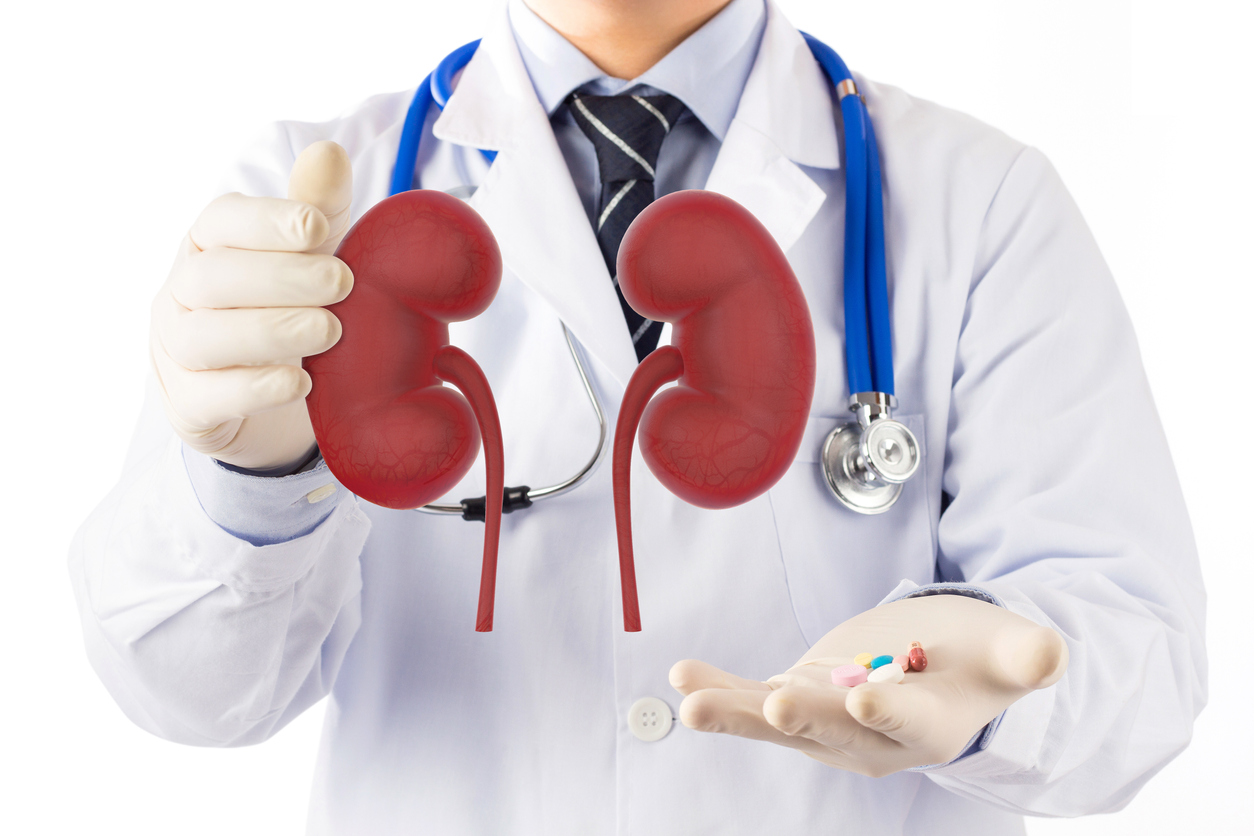Why Medicare’s Payment System Keeps New Dialysis Drugs from Reaching Patients
Jackson Williams, DPC Vice President of Public Policy Payment bundling is a technique Medicare uses to increase efficiency and reduce low-value care during a treatment episode. Congress adopted a payment bundle for dialysis a decade ago and for several years it worked well. But trade-offs are inherent in bundles and there is always potential for a negative impact on consumers. This negative experience has arrived for dialysis patients in the form of non—prescribing of new drugs. Patients are missing out on improvements to their health and quality of life. A bundled payment sets a maximum price for all [...]









